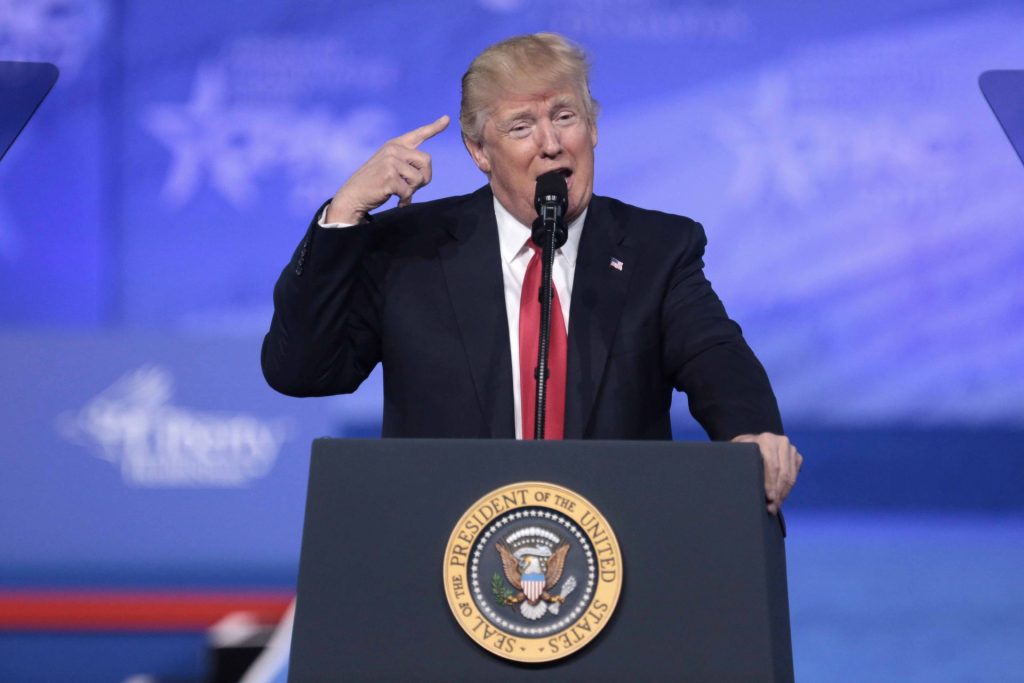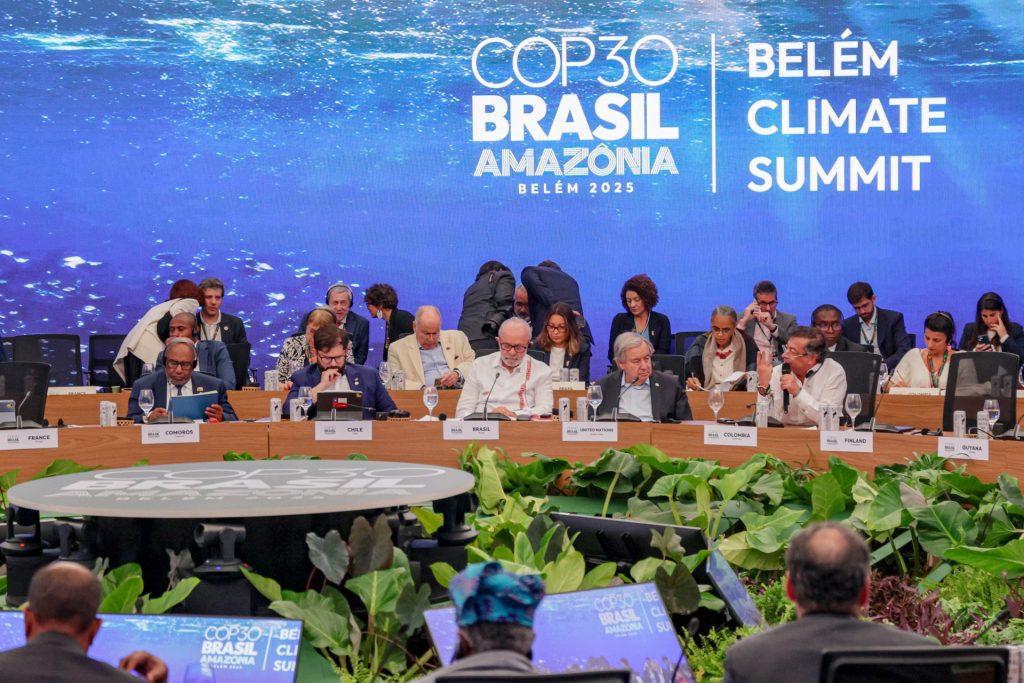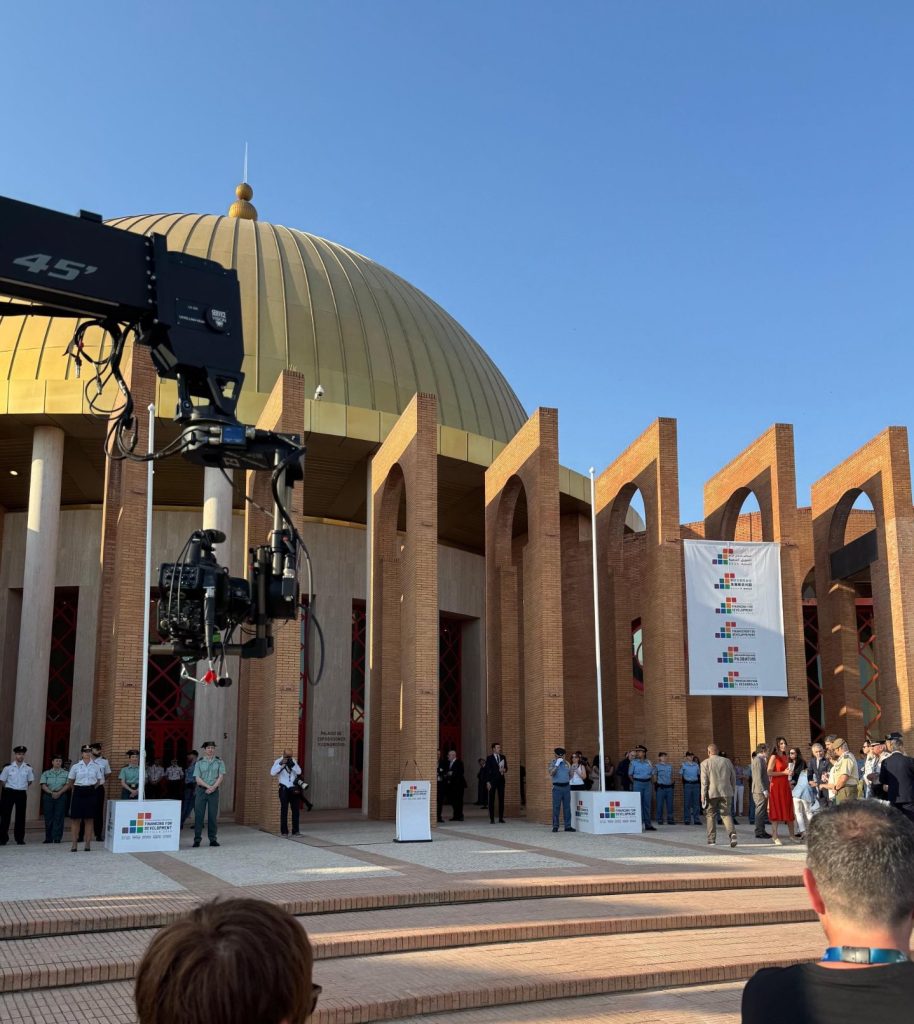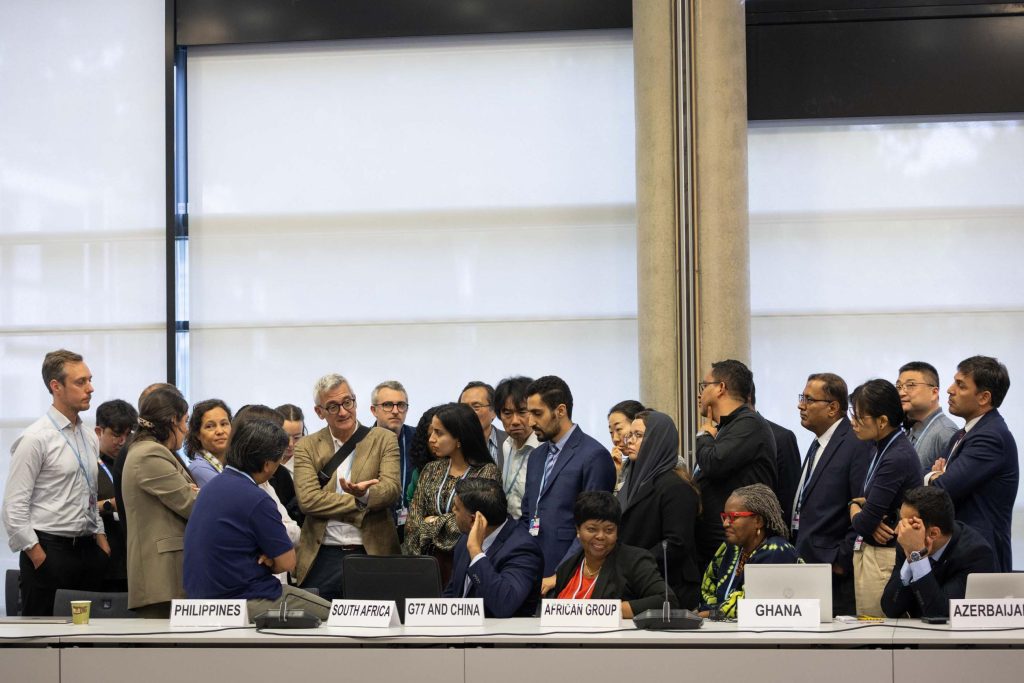In an interview with Reuters this week, Republic of Congo’s Minister of Environment, Arlette Soudan-Nonault, said that countries with high coverage of rainforests and peatlands need easier access to sovereign carbon credits. These credits are issued under the REDD+ architecture if a country can demonstrate it has slowed, stopped or reversed deforestation, or reduced or removed emissions, using the UNFCCC REDD+ processes. If successful, a country is issued a REDD+ Result” which it can then convert to REDD+ sovereign carbon credits. At the end of last year’s COP27 it was agreed that not only could States buy sovereign carbon credits from countries that generate them, but that private companies could too.
Rainforest nations such as the Republic of Congo have complained, however, that institutions needed to simplify procedures for issuing the credits. Soudan-Nonault pointed out that access to the sovereign carbon market could help to grow the country’s GDP by up to 40% and fund the energy transition and sustainable job-creation. The Congo Republic shares Africa’s largest rainforest and the world’s largest tropical peatlands with the Democratic Republic of the Congo.
Last year, Gabon’s Environmental Minister, Lee White, characterised the UNFCCC REDD+ auditing process to generate sovereign credits as both exhaustive and requiring multiple reviews and changes. He contrasted it with that of a bilateral deal with Norway in terms of which it directly paid Gabon $70 million to preserve its forests. He is quoted as saying “I would say Norway’s was five times less intense, five times less thorough than the UNFCCC audit”.
Soudan-Nonault further complained that the high level of red tape in the sovereign credit market for REDD+ pushed countries into using the voluntary carbon market, which she described as an “unregulated Wild West.” Voluntary carbon markets have recently come under scrutiny for failing to demonstrate projects were achieving the emissions reductions they claimed. African countries have also preferred sovereign credit markets over voluntary markets because there is less of a risk that the financial proceeds are offshored.
But the balance between ensuring integrity through rigorous procedures while preserving accessibility for developing countries can be difficult to strike, as we saw with Africa’s lamentably low participation under the Kyoto Protocol’s clean development mechanism (CDM). Understandably, some African countries are wanting to see less red tape and easier access procedures, but this may come at the real or perceived cost that sovereign credits have less integrity and ultimately undermine the long fought fight to improve the market perception of forestry credits. As GreenBiz recently put it “it’s possible avoided deforestation credits are just too squishy, murky and difficult to validate for the carbon commodity market.” Corporate Climate Responsibility Monitor believes that they are fundamentally unsuitable for offsetting claims. If procedures are made too easy, it will undermine the already fragile market perception of the value of these credits, demand and ultimately the price that can be realised for them by African countries. At the same time, it does raise questions around the extent to which the controls are fully necessary or appropriate in all instances, and whether the design of REDD+ sovereign credits are fit for purpose for African countries, if the mechanism is ultimately rendered unusable.
Soudan-Nonault was in Rabat, Morocco, to raise support for a planned summit of the world’s three major forest basins would be held in Brazzaville in June 2023, namely the Congo Basin in Central Africa, the Amazon Basin in South America and the Borneo Mekong Basin in Southeast Asia. One of the themes of the summit is innovative financing for biodiversity, to increase the quantity and quality of financing for tropical forest conservation. No doubt the use of REDD+ sovereign credits and the issuance process will come under the spotlight.





